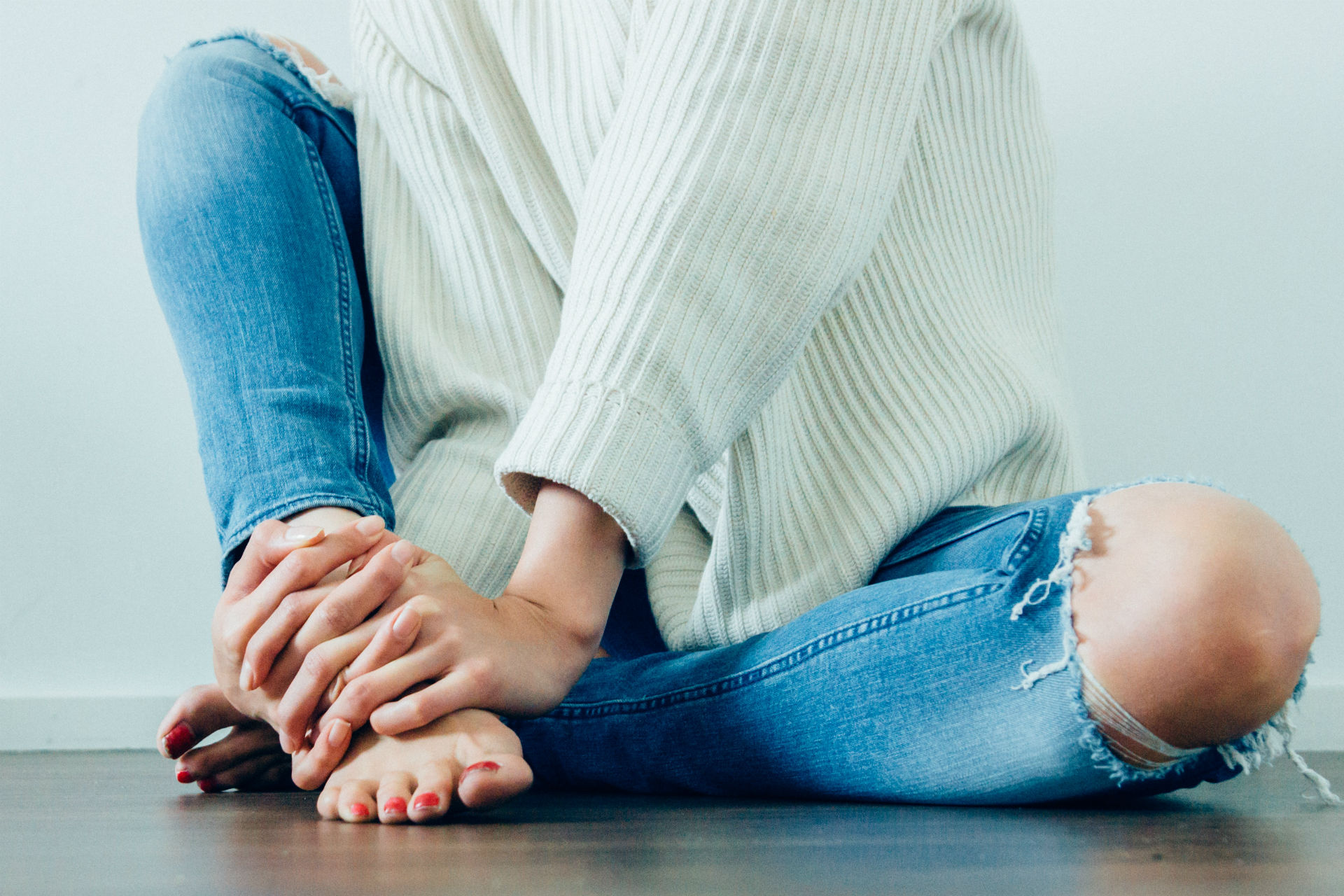Your pregnant body will experience a myriad of changes. One of them will likely be swollen feet and ankles, caused by fluid retention in the legs and feet. While it’s not a lasting problem, it can be uncomfortable and make it difficult to wear shoes.
“When your shoes suddenly don’t fit, you can have problems,” explains Toronto chiropodist Jeffrey Cowan. “For instance, pregnancy causes changes in your centre of gravity. The shift in your pelvis and spine affect the way you walk (your gait) and ankle-knee-leg function. You can end up with knee or foot pain.”
The key to maintaining feel-good feet is by not going barefoot on hard surfaces, such as wood floors or tiles, which will only exacerbate the pain.
Dr. Cowan recommends wearing an orthopedic sandal or a good running shoe. “These shoes will accommodate the swelling by providing increased support and cushioning.”
He also recommends shoes that are big and roomy, and advises pregnant women not to wear heels more than two inches high. “Even when you’re not pregnant, high heels put excessive force on the balls of your feet, leading to irritated nerves, bunions, corns, hammer toes and other painful conditions.”
He advises women to buy new shoes after pregnancy, as feet tend to stretch between a half-size and a full size. “The extra weight during pregnancy causes the foot muscles and ligaments to stretch the width and arches of the foot, resulting in feet that are wider and larger than before.”
If your shoes no longer fit, don’t wear them. “It’s no wonder that 75 percent of foot patients are women,” says Dr. Cowan. “It’s not genetics; it’s their shoes!”
Tips to Make the Swelling Go Down:
Elevate swollen feet slightly so gravity can bring the swelling down.
Do not use compression stockings. These are for people with varicose veins and circulation issues, not pregnant women.
Wear supportive shoes; no bare feet, flip flops or heels. Go for a walk and get moving; sitting isn’t good.
“Mild swelling isn’t overly painful or a cause for concern. It will also subside when you elevate your feet or within six weeks of delivery,” says Dr. Cowan. “However, if your swelling is overly painful, highly noticeable and you can no longer get your feet into your shoes, consult your obstetrician. It could be a symptom of an underlying condition.”
Originally published in December 2013.










